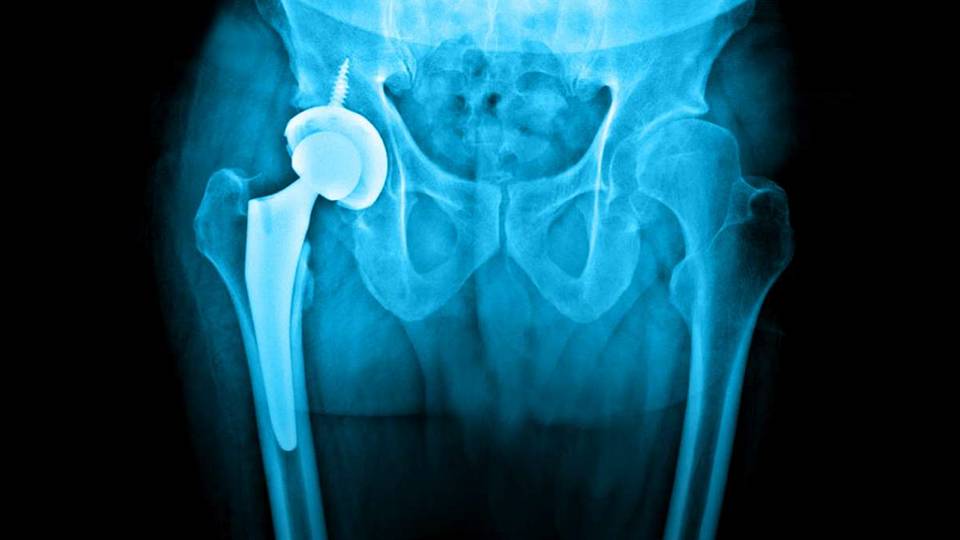
Understanding the Benefits of Hip Orthopedic Surgery
Hip orthopedic surgery is a type of surgery that is used to treat and repair damage to the hip joint. This type of surgery is usually recommended for people who suffer from conditions such as arthritis, hip fractures, and labral tears. The purpose of hip orthopedic surgery is to reduce or eliminate pain, improve mobility, and restore normal hip function. By understanding more about the benefits of hip orthopedic surgery, you can make an informed decision about whether it is the right treatment option for you.
Reduce or Eliminate Pain
One of the primary benefits of hip orthopedic surgery is that it can reduce or eliminate pain. Depending on the type of surgery and the extent of the damage, patients may experience significant improvements in their pain levels. For example, a hip replacement surgery can help to significantly reduce pain due to arthritis, while a labral tear repair can help to reduce pain from an injury. Check here the surgery can treat hip pain and stiffness in people with arthritis, avascular necrosis, or other forms of hip joint damage.
Improved Mobility
Another benefit of hip orthopedic surgery is improved mobility. By repairing the damaged hip joint, patients can experience an improved range of motion and flexibility. This can help to reduce the risk of further injury and improve the patient’s overall quality of life.
Improved Quality of Life
The improved mobility that comes with hip orthopedic surgery can also lead to an improved quality of life. With a reduction in pain and improved mobility, patients are able to do activities that they may have been unable to do before the surgery. This can include things such as walking, running, and playing sports.
Reduced Risk of Further Injury
One of the biggest benefits of hip orthopedic surgery is the reduced risk of further injury. Since the surgery repairs the damaged joint, the risk of further damage is greatly reduced. This can help to reduce the need for additional surgeries and improve the patient’s prognosis.
Improved Overall Health
Hip orthopedic surgery can also lead to improved overall health. By reducing pain and improving mobility, patients are able to lead more active and healthy lives. This can help to reduce the risk of other health complications, such as heart disease and stroke.
Reduced Recovery Time
The recovery time after hip orthopedic surgery is typically much shorter than with other types of surgery. Depending on the type of surgery, most patients can return to their normal activities within a few weeks.
Improved Balance and Stability
The improved balance and stability that comes with hip orthopedic surgery can also lead to a number of benefits. By strengthening the muscles around the hip joint, patients can improve their balance and help to reduce the risk of falls.
Reduced Need for Medication
Hip orthopedic surgery can also reduce the need for medications. Since the surgery can reduce or eliminate pain, patients may not need to take pain medications as often. This can help to reduce the risk of side effects and other complications associated with long-term use of medications.
Improved Athletic Performance
For athletes, hip orthopedic surgery can lead to improved performance. By improving stability and reducing pain, athletes can improve their performance in their sport.
Reduced Risk of Complications
Finally, hip orthopedic surgery can also reduce the risk of complications. Since the surgery is typically minimally invasive, there is a reduced risk of infection and other complications.
Conclusion
Hip orthopedic surgery can be an effective treatment option for many people with hip injuries or conditions. By understanding the benefits of hip orthopedic surgery, you can make an informed decision about whether it is the right treatment option for you.

Comments (0)